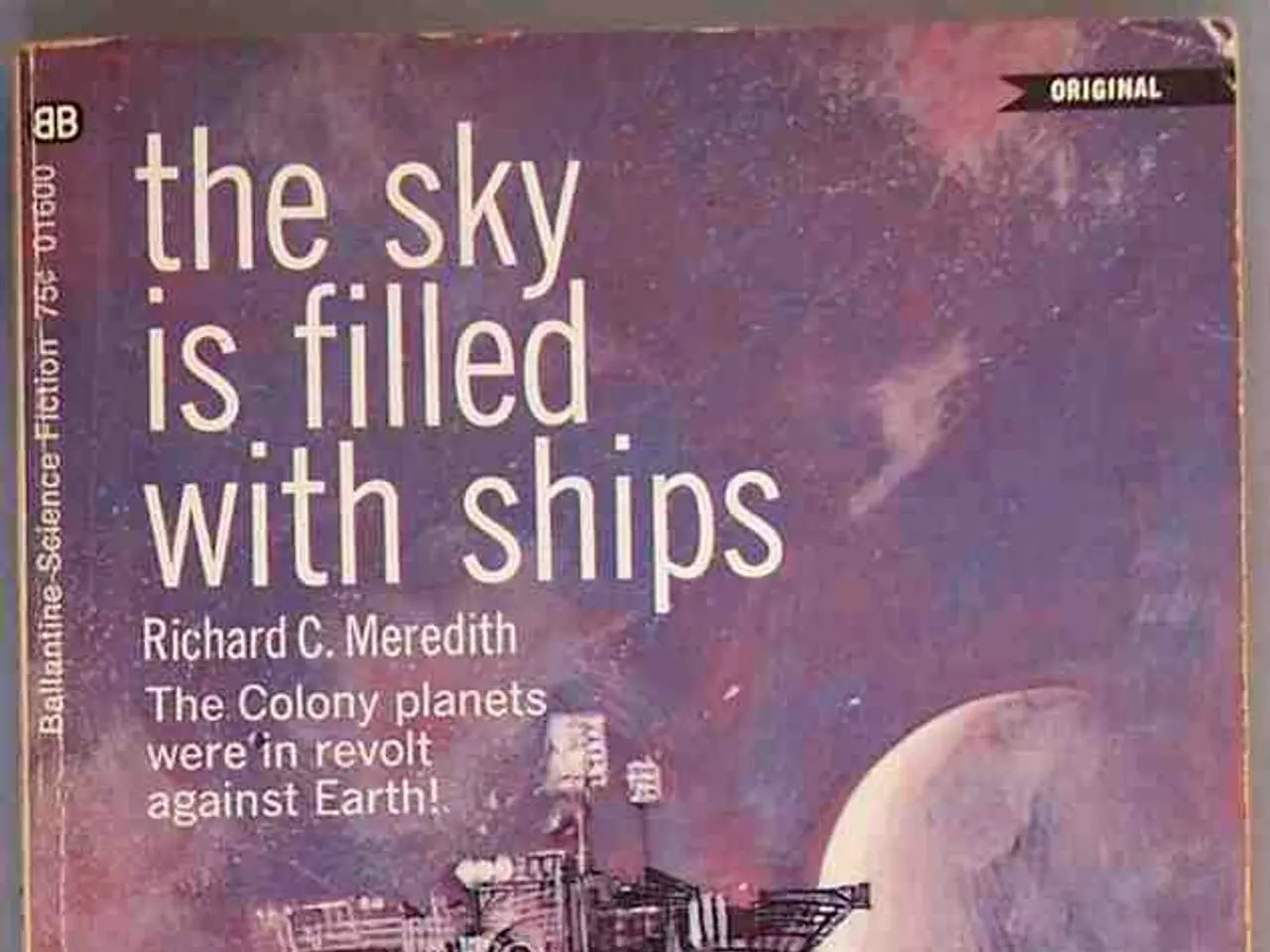Exploring the fresh discipline of 'cosmic cognizance'
Astrophysicist Adam Frank, a professor at the University of Rochester and co-founder of the NPR blog 13.7, has proposed a groundbreaking concept known as planetary intelligence. This emerging scientific framework views the Earth itself as a sentient, intelligent system, integrating human, technological, and ecological systems into a unified, co-creative interaction with the environment.
This concept differs from the Gaia theory, which primarily views Earth as a self-regulating system where the biosphere maintains conditions conducive to life through feedback mechanisms. While Gaia focuses on homeostasis and the Earth's regulatory processes, planetary intelligence goes further by emphasizing conscious co-creation and the role of intelligent interactions across communities.
The Gaia theory, first proposed by James Lovelock and Lynn Margulis in the 1970s, describes the Earth as a living organism. However, planetary intelligence suggests that the planet as a whole exhibits a form of collective awareness or intelligence, with consciousness and community experiences shaping the planet's ongoing evolution, not just passive regulation of the environment.
In essence, the Gaia theory is concerned with the Earth's ability to maintain life-supporting conditions, while planetary intelligence focuses on the active role of intelligent interactions between human, technological, and ecological systems in the planet's development and experience.
This newer perspective underlines how life and intelligence on Earth are integrated, with consciousness and community experiences shaping the planet's ongoing evolution. It reflects a more phenomenological, inclusive view where the planet is not just a physical system but also involves emergent intelligent processes linked to life and experience.
For instance, slime molds, simple organisms made up of individual cells, have been shown to solve mazes, demonstrating a form of distributed cognition. Similarly, the "wood wide web" describes the fungal networks running through forests, which have been found to distribute nutrients over hundreds of miles. These examples suggest that intelligence and sentience are not limited to individual organisms but can be distributed across entire ecosystems.
Moreover, Frank is concerned about the climate crisis and believes drastic steps are necessary to prevent the wiping out of much of humanity. He emphasises that climate change is about humanity and the potential loss of global civilization, not the Earth itself. A mature technosphere, self-creating and self-maintaining, is necessary to avoid causing harm to the planetary system that supports global civilization.
The future will likely bring dramatic reorganizations of where we live and what we do, as well as a fundamental change in how we think about political economy and how we inhabit the planet. The emerging political economies will have the word "planetary" in them.
In conclusion, Adam Frank's planetary intelligence concept expands Gaia theory by adding a layer of sentience or intelligence that includes human technological and social systems as integral components of the Earth's overall intelligence. This perspective offers a new way to understand the Earth as an intelligent, co-creative system that is shaped by the interactions between human, technological, and ecological systems.
- Astrophysicist Adam Frank's concept of planetary intelligence suggested that the Earth as a whole exhibits a form of collective awareness or intelligence, merging human, technological, and ecological systems into a unified, co-creative interaction with the environment.
- The Gaia theory, first introduced by James Lovelock and Lynn Margulis in the 1970s, views the Earth as a living organism, whereas planetary intelligence further proposes that the planet demonstrates a form of consciousness and community experiences shaping its ongoing evolution.
- Frank is concerned about the climate crisis and believes that drastic steps are essential to prevent the destruction of much of humanity, emphasizing that climate change is a matter of humanity and global civilization, not the Earth itself.
- In the future, there may be dramatic reorganizations of where we live, what we do, and how we think about political economy, as emerging political economies will likely include the term "planetary," reflecting a new way to understand the Earth as an intelligent, co-creative system.




